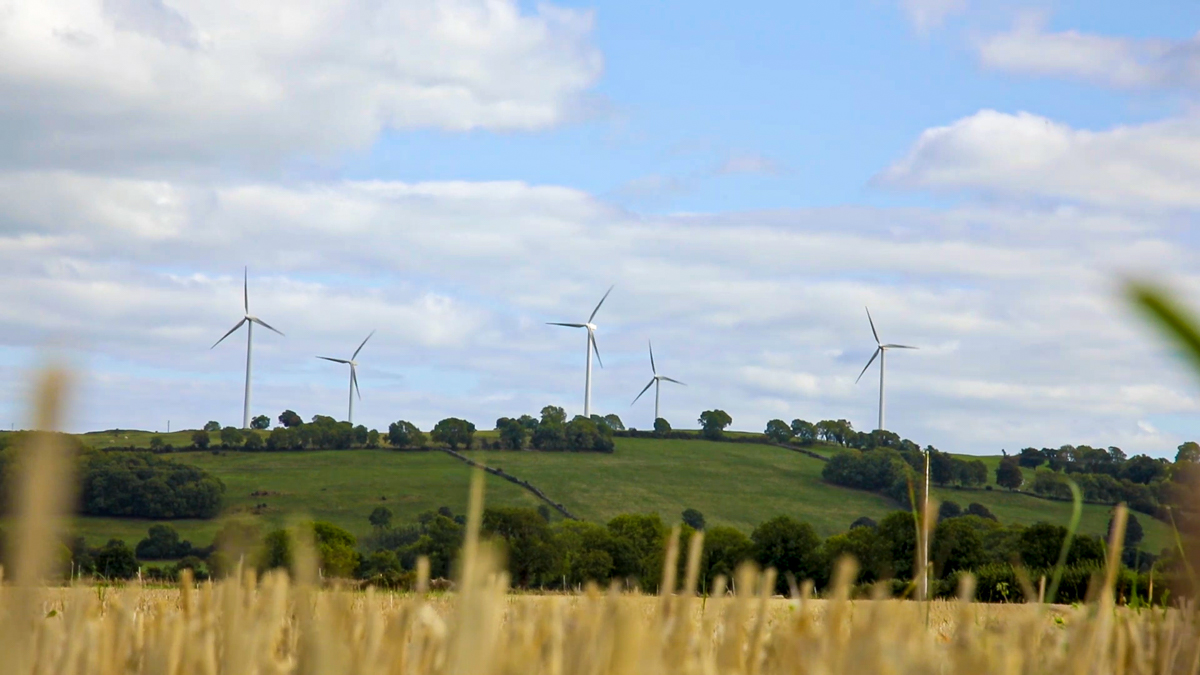Energy generation this winter will likely be more challenging than last year, with a risk of very low to zero wind at times, according to EirGrid PLC chief executive, Mark Foley.
EirGrid foresees a “heightened challenge” this winter due to less available generation, which will result in alerts throughout the autumn and winter at times of low wind, limited interconnector trades or low generator availability.
However, the chief executive told the Joint Oireachtas Committee on Environment and Climate Action that EirGrid is “very well prepared and when the wind blows, we will not have issues”.
EirGrid, the Commission for Regulation of Utilities (CRU), and Minister for the Environment, Climate and Communications Eamon Ryan spoke before the committee yesterday (Tuesday, August 30).
“The total growth in demand for electricity over the last five years has been 9%. This is not excessive for a vibrant western economy and, as a country, we should be capable of meeting this demand without emergency intervention,” said Foley.
“We are over dependent on old fossil-fuel plants, and have a shortfall in electricity generation capacity, as the capacity market system has not delivered the necessary volumes of new gas generating capacity.
“Approximately 2,000MW of dispatchable gas generation is needed to support a secure transition.”
EirGrid is responsible for planning the power system of the future in Ireland, while it is the responsibility of the CRU to protect security of supply.
Energy demand
While growth in demand is not the core problem, the performance of existing plants and the delivery of new generation through a robust auction process is the challenge, according to Foley.
Addressing the Oireachtas committee, Minister Ryan said that the issue of energy capacity is separate to the increased costs faced by consumers. He said:
“The price impact due to the external shock by the use of gas as a weapon of war is a factor of 10 times more significant in terms of the potential of the impact on Irish households.”
He added that an estimated 200MW would be needed for emergency energy generation this year to make up for the gap of supply and demand this winter.
However, the delivery of approximately 250MW will only be available in advance of winter 2023/24 according to EirGrid, which is at an “advanced stage of negotiations with potential providers”.
While the Russian invasion of Ukraine has driven the price of natural gas 10 times higher than two years ago, the continued supply to Ireland has not been reduced or interrupted to date, as 75% of Ireland’s gas comes from the UK, the minister said.
However, he added, recent estimates from the Economic and Social Research Institute (ESRI) indicate that up to 29.4% of households are now spending more than 10% of their income on their home energy need.
While the government has already implemented a €2 billion package of policies and measures to support energy customers, Minister Ryan said additional measures to support households are being examined in the context of the forthcoming Budget.
